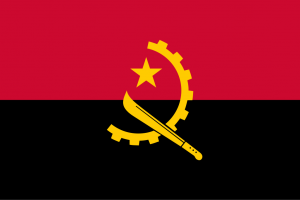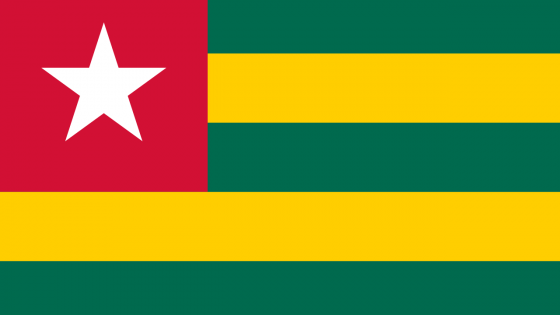
Togo is a small but vibrant country located in West Africa, known for its diverse culture, rich history, and beautiful landscapes ranging from coastal beaches to lush savannas.
Togo offers an eclectic mix of culture, history, and natural beauty. From its vibrant markets and coastal beaches to its unique cultural traditions, Togo is an underexplored gem in West Africa, perfect for travelers seeking something off the beaten path.

